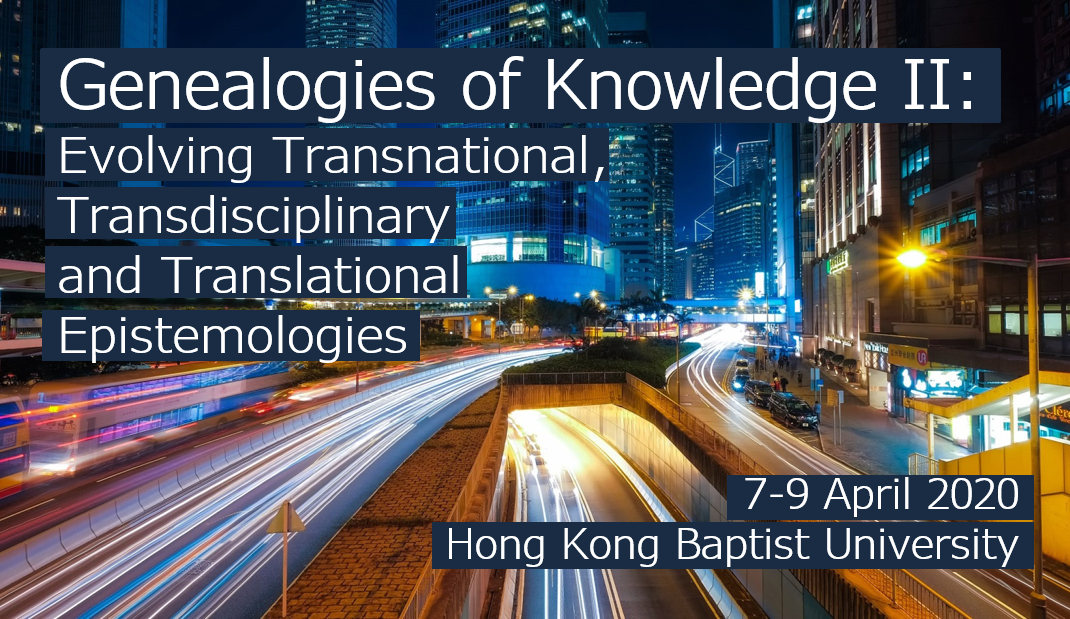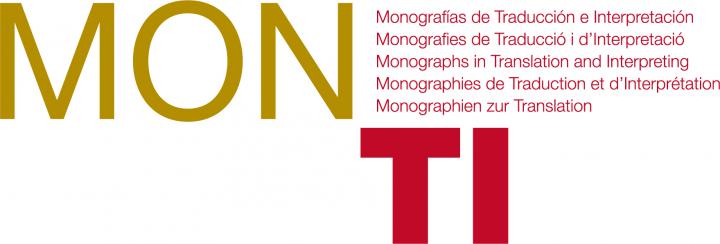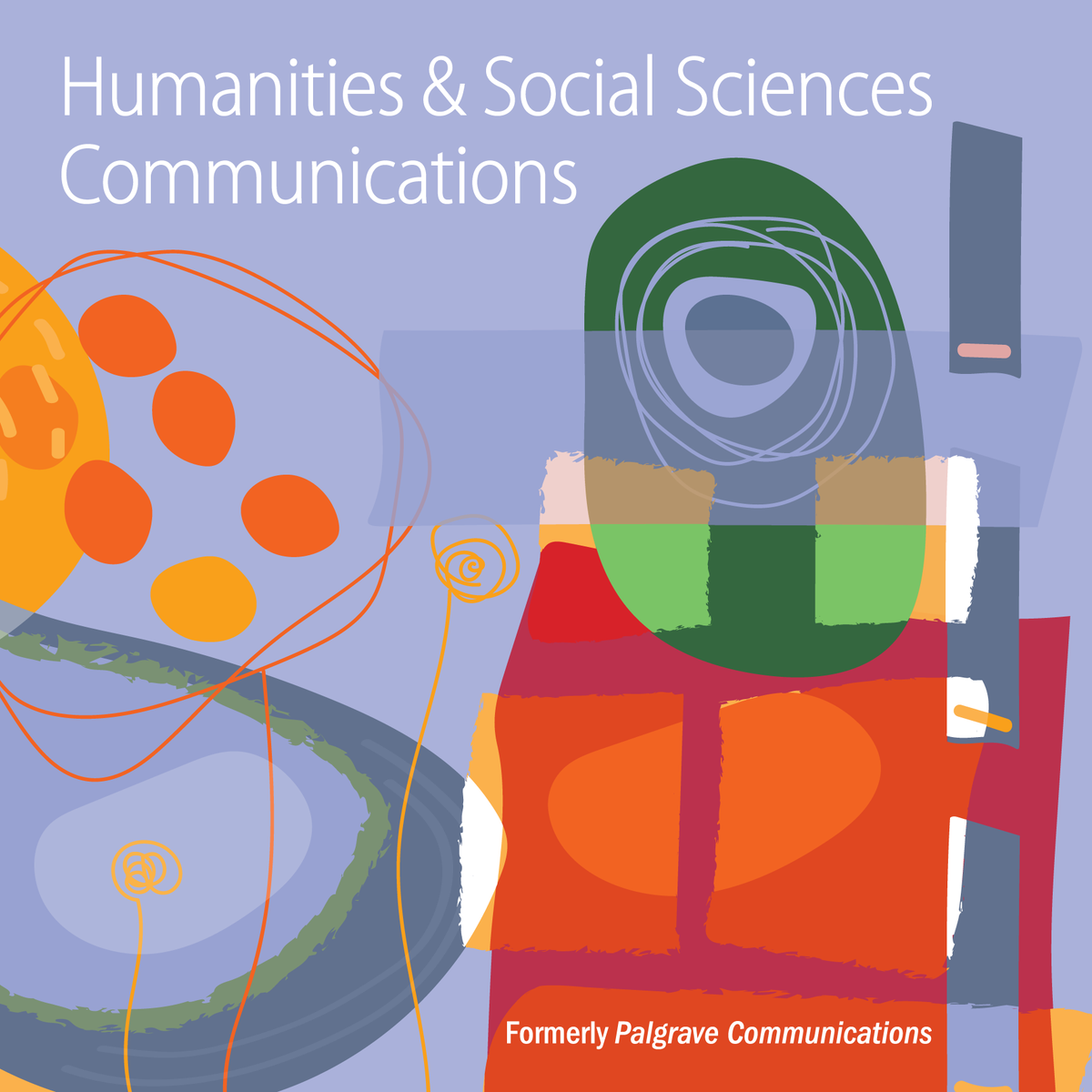An international conference hosted by the
Centre for Translation and the Department of Translation, Interpreting and Intercultural Studies,
Hong Kong Baptist University, Hong Kong
In collaboration with the
Genealogies of Knowledge Project, University of Manchester, UK
7-9 April 2020
CONFERENCE THEME KEYNOTE SPEAKERS
VENUE IMPORTANT DATES OPEN PANELS
Translation and the Discourse of Diversity and Inclusion: Episteme, doxa or buzz words?
Convenor: Gillian Lane-Mercier, McGill University, Canada
This panel explores the extent to which translation practices and policies have impacted on and/or been impacted by the production and circulation of key political, cultural and moral concepts currently perceived as the defining characteristics of contemporary globalized democracies. Specifically, the focus is on how translation has served and continues to serve, or otherwise, as a vector par excellence of enduring values such as diversity and inclusion across historical periods, disciplinary silos, epistemological traditions, as well as local, national and transnational spaces. The overarching assumption is that throughout the centuries and within multiple locations, translation has contributed to epistemological, ethical and political shifts aimed at legitimizing or contesting the processes of knowledge construction and validation – be they hegemonic, non-hegemonic or, more radically, insurrectional – that underlie these concepts.
The panel seeks to highlight not only the evolution of the principles, values and worldviews conveyed by these concepts, but also the ‘perverse effects’ they can generate, including new hierarchies, ongoing exclusions, misperceptions, unexpected imbalances in power relations and new polarizations. It further seeks to foreground the ways in which diversity, inclusion and related concepts become sites of rhetorical and political manipulations designed to leverage one of their components to the detriment of others, the most spectacular of which arguably consists in simply emptying them of any substantive epistemological content.
Topics of interest include but are not restricted to the following:
- Historical analyses – undertaken from a local, national or transnational perspective – of the emergence of one or more of these concepts, often seen as specific to our globalized world, together with the criteria for truth, legitimacy, validation and implementation they convey and the role of translation in upholding, disseminating or undermining these criteria
- A transnational analysis of one or more of these concepts with a view to identifying ‘universalizing’ similarities and context-bound differences with respect to epistemological content, rhetorical practices and policymaking in conjunction with the existence or non-existence of de jure or de facto translation policies
- The contribution of different disciplines, including translation studies, to the emergence, articulation and circulation of official, expert, lay or delegitimized discourses on one or more of these concepts
- A discursive analysis of official or unofficial documents pertaining to one or more of these concepts, with a view to foregrounding the epistemological tensions, contradictions or paradoxes they seek to repress and that potentially allow for diverse forms of epistemological insurrectionism, cultural resurgence or political self-determination to emerge
- Case studies of the role of translation in conveying, constraining, appropriating or erasing indigenous epistemologies via dominant, prestige or official languages in an institutional or social context that promotes diversity and inclusion
- The use of new methodologies, such as bibliometrics, to foreground the disconnect between official or expert knowledge and lay or non-hegemonic knowledge(s).
Panel Convenor
Panel presentations




